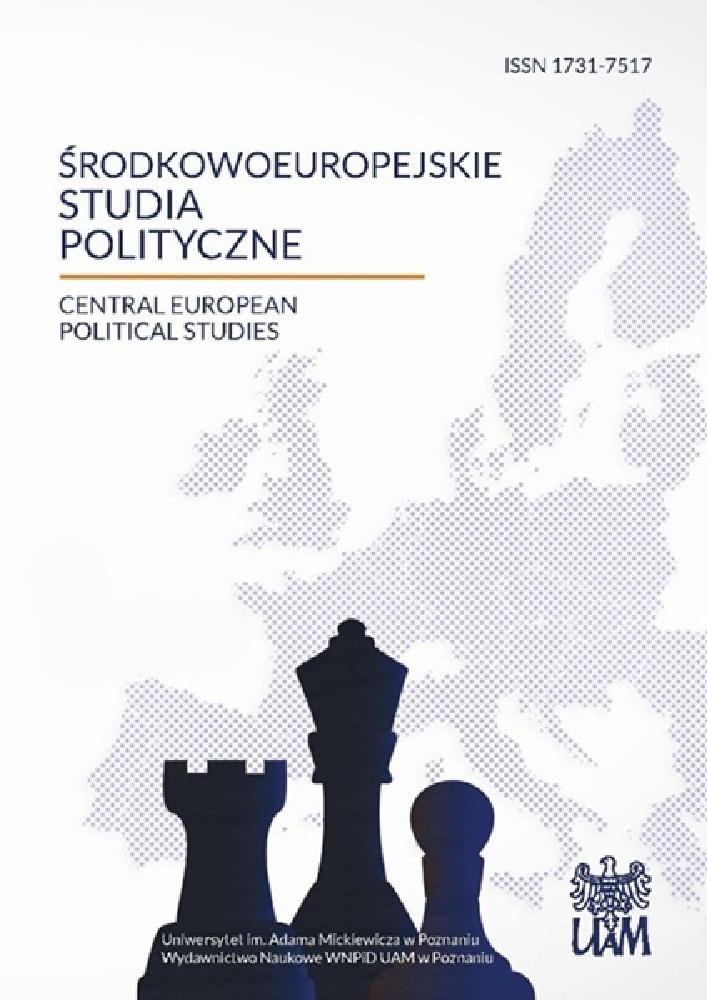No. 2 (2012)
Published 2017 November 27
Artykuły
7-14
15-30
31-44
45-68
69-86
87-98
99-116
117-136
137-146
147-164
165-180
181-196
197-208
209-222
223-236
237-258
259-278
279-292
293-308
